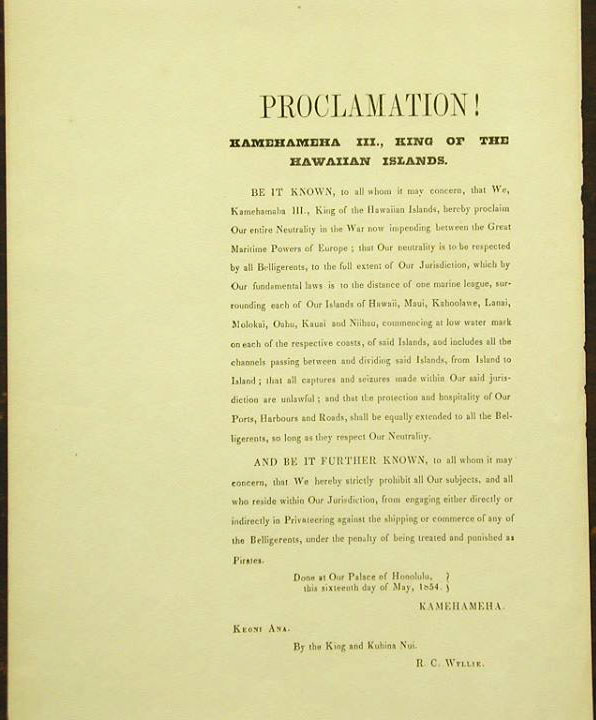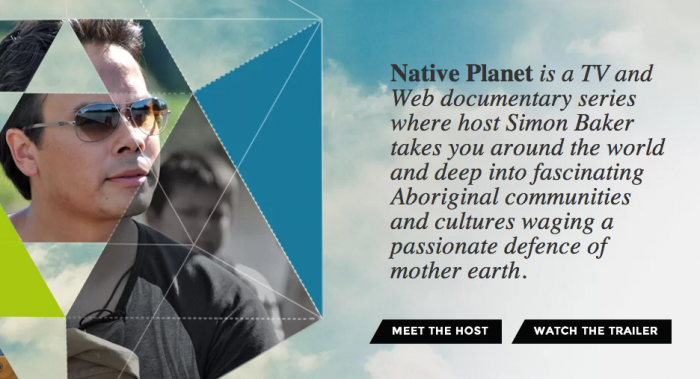Interview with Dr. Keanu Sai on Radio Australia about the recent happenings with the Office of Hawaiian Affairs, and background on the legal basis for the continuity of the Hawaiian Kingdom.
|
||||||
|
Hawaii News Now reports on OHA executive session meeting yesterday:
And here’s a report on the meeting from The Hawaii Independent. ISSUES THAT MATTER with Lynette Cruz 5-10-14, interview with Donovan Preza Larry Geller at Disappeared News blog notes that OHA trustees apparently violated the sunshine law, requiring proper filing of agendas and public notice of meetings, in their hastily signed letter rescinding CEO Crabbe’s letter to Secretary Kerry. Apparently someone has filed a complaint with the Office of Information Practices. Update 5/15: Much more detailed information on the Sunshine Law violation at Hawaiian Kingdom Blog. It is a misdemeanor criminal offense that can result in removal from office. Yesterday’s press conference by OHA CEO Kamana‘opono Crabbe regarding his letter to U.S. Secretary of State Kerry. And Chad Blair at Honolulu Civil Beat has a pretty extensive article covering the press conference and the larger issues of Crabbe’s letter. Wow. This is getting interesting. Here’s a May 5, 2014 letter from Office of Hawaiian Affairs CEO Kamana‘opono Crabbe to U.S. Secretary of State John Kerry asking some very important questions about Hawaii’s continuity as an independent state under prolonged illegal occupation, and the legitimacy of the state government including OHA itself and the Roll Commission. The entire letter is absolutely must-read for anyone who reads this blog, but here’s the conclusion:
But then the letter was quickly rescinded by the OHA Board of Trustees. Crabbe’s job may be at risk. But his letter is out there, regardless of what the trustees do now. Update 5/11: OHA Trustee from Kaua‘i Dan Ahuna has now sent another letter rescinding his signature on the letter signed by all the trustees rescinding the original letter from CEO Crabbe. And here’s a good post on the Hawaiian Kingdom Blog discussing how Crabbe’s initial letter to Secretary Kerry was a proper attempt to clarify a legal issue as a matter of risk management and fiduciary duty, and says “The so-called rescind letter is not only odd, but it is disingenuous and has nothing to do with Dr. Crabbe’s letter.” Update 5/12: Trisha Kehaulani Watson has an article in Honolulu Civil Beat giving background on the Roll Commission and what has led up to Crabbe’s letter. And Hawaii Independent reports that
And now Maui Trustee Hulu Lindsey has joined Ahuna, sending a letter requesting to remove her signature from the letter rescinding CEO Crabbe’s letter. A Genealogy of Hawaiian TerritorialityThe Interweaving between Contemporary Issues of Hawaiian Sovereignty and Real PropertyDonovan C. Preza, PHD Student & Lecturer, Geog 368: Geography of Hawaii University of Hawaii at Manoa, Geography Department Hawaii’s transition to private property in the mid-19th century (the Mahele) is often identified as the source of dispossession and is considered one of the main mechanisms which severed Hawaiians’ connection to land. Through this lens, the overthrow of the Hawaiian Kingdom government is treated as inconsequential and is presented as but one of the inevitabilities resulting from the Mahele. Donovan Preza’s research traces the genealogy of Hawaiian territoriality (the kanaka/aina relationship) to problematize our current day understandings of what we identify as the source of the disruption of this relationship. His analysis attempts to contextualize kanaka/aina relationships during the Hawaiian Kingdom era as a way to understand contemporary issues of landlessness, contestations over Crown and Government land ownership, and other present day issues that are tied to the Hawaiian Kingdom. Third in a series of presentations on new research into Hawaiian Kingdom history Olelo Community Media Center · 1122 Mapunapuna St. May 10, Saturday, 5:00 pm Sponsored by Ka Lei Maile Alii Hawaiian Civic Club, with funding from the Office of Hawaiian Affairs Ample parking in the Olelo Community Media Center parking lot and on the street For more information: palolo@hawaii.rr.com, phone (808) 284-3460 Seating is limited This event is free and open to the public In the Fall 2014 APTN television in Canada will be airing six one-hour TV documentaries of the television series Native Planet. Episode 4 was shot in the Hawaiian Islands. In this episode, Host Simon Baker travels to Hawai‘i to examine the growing sovereignty movement and how it helped halt construction of the largest public infrastructure project in Hawaii’s history. Here is a trailer for this episode. In this episode, Host Simon Baker travels to Hawaii to examine the growing native sovereignty movement and how it helped halt construction of the largest public infrastructure project in Hawaii’s history. “Sovereignty Conversations” on ‘Olelo TONIGHT!! The fourth program in the television series, “The Sovereignty Conversation-Community Forums,” will be shown TONIGHT, Saturday, April 26 from 7:30 to 9:00 on Oceanic Channel 53. This segment begins three programs on the “Models of Nationhood.” Soulee Stroud, President of the Association of Hawaiian Civic Clubs and Mehealani Wendt, member of the Hawaiian Roll Commission, speak for the “nation-within-a-nation” model, and Leon Siu, Hawaiian National, speaks for the “independence” model. Attorney Poka Laenui moderates the discussion. The program will be re-broadcast on 5/2 at 3:00 PM, 5/3 at 8:00 AM, and 5/8 at 9:00 AM, all on Channel 53. Past programs can be viewed at TheSovereigntyConversation.org. For details contact: Dr. Kioni Dudley <DrKioniDudley@hawaii.rr.com> (h/t to Leon Siu for the reminder) |
||||||
|
Copyright © 2026 Hawaiian Kingdom Independence Blog - All Rights Reserved Powered by WordPress & Atahualpa |
||||||



